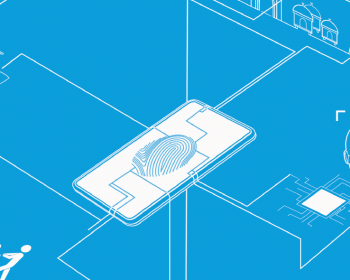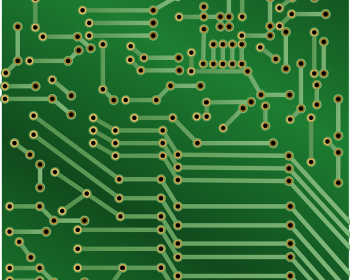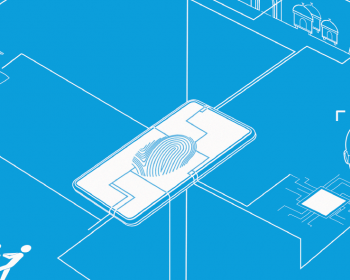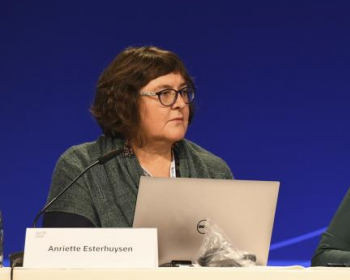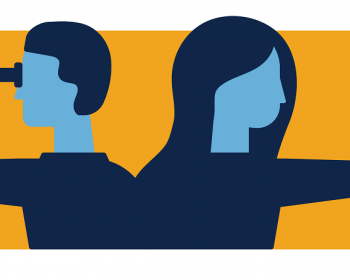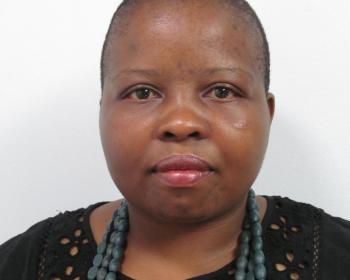multistakeholder
In the Roadmap on Digital Cooperation launched in 2020, the UN Secretary General proposes reforms to promote the strengthening of the Internet Governance Forum, so that it could become "more responsive and relevant to current digital issues."
After two years of negotiations, the UN Open-ended Working Group (OEWG) on developments in the field of information and telecommunications in the context of international security has adopted its final report. Here, APC presents its positions on the most salient points of the report.
APC welcomes the opportunity to engage in this session. We appreciate Ambassador Lauber’s openness to civil society and the OEWG’s willingness to receive and consider comments by non-state actors.
In this response to the first substantive draft of the Open-ended Working Group on ICTs (OEWG) report, APC and other civil society organisations provide general feedback, focusing on the “introductory remarks” and the “conclusions and recommendations” sections, and provide recommendations.
APC welcomes this opportunity to address comments to the zero draft of the United Nations Open-ended Working Group on developments in the field of information and telecommunications in the context of international security (OEWG) report.
This document sets out the aspirations of non-state actors engaged in the digital cooperation process concerning the guiding principles, profile, roles and responsibilities, and working methods of the United Nations Technology Envoy to be appointed by the Secretary-General.
The coalition of civil society groups undersigned are committed to supporting the implementation of the vision in which “all stakeholders play a role in advancing a safer, more equitable digital world, one which will lead to a brighter and more prosperous future for all.”
An announcement by UN Secretary-General António Guterres at the opening of the 2019 Internet Governance Forum (IGF) in Berlin made particularly big waves in the APC community: his appointment of Anriette Esterhuysen as the new chair of the IGF’s Multistakeholder Advisory Group (MAG).
This note describes the ICANN Accountability and Transparency Review Team (ATRT), which was created as a way by which the community could have a definitive say on the way the Board and staff serve ICANN needs, and on how they interact with the community.
The African School on Internet Governance (AfriSIG) 2017 has been both an eye opener and learning curve. When coming here I had no idea of the kind of impact and paradigm shift this school would have on me. The experience has over-exceeded my expectations.

Association for Progressive Communications (APC) 2022
Unless otherwise stated, content on the APC website is licensed under Creative Commons Attribution 4.0 International (CC BY 4.0)



